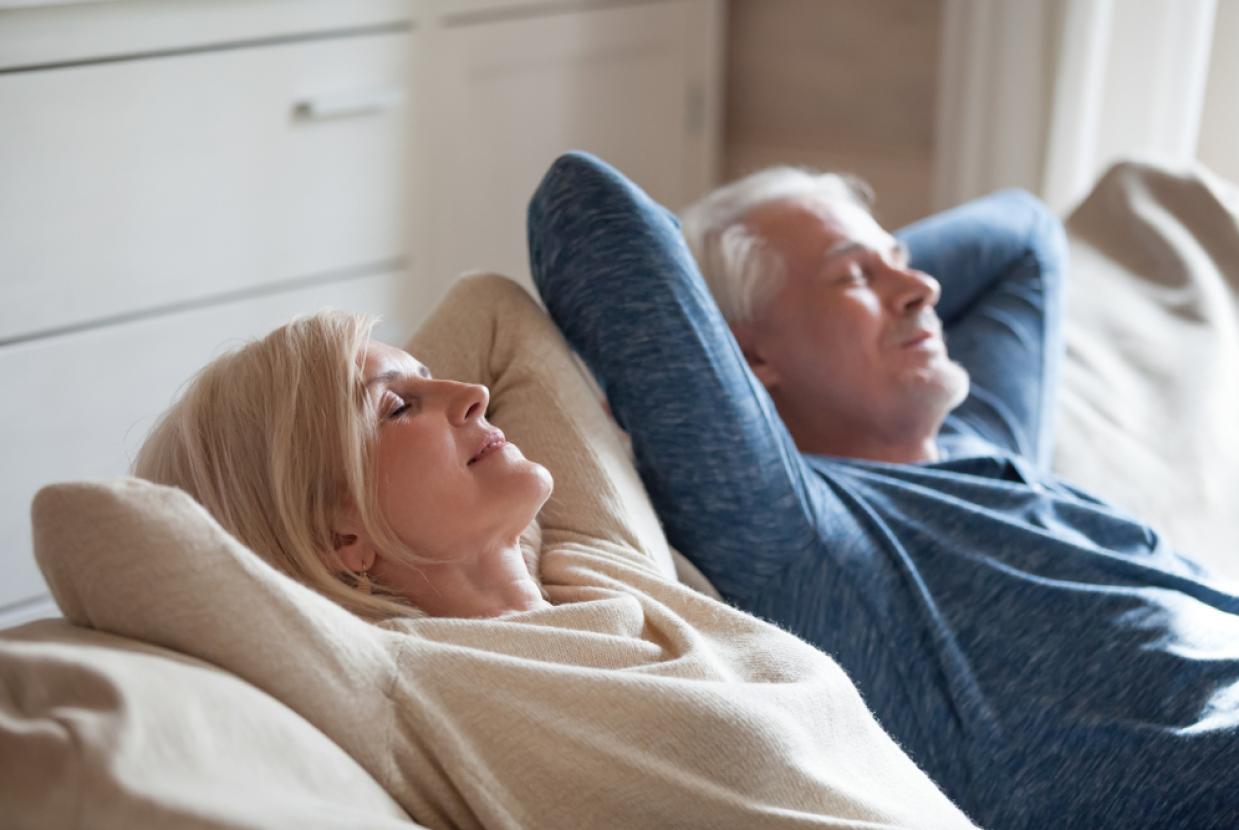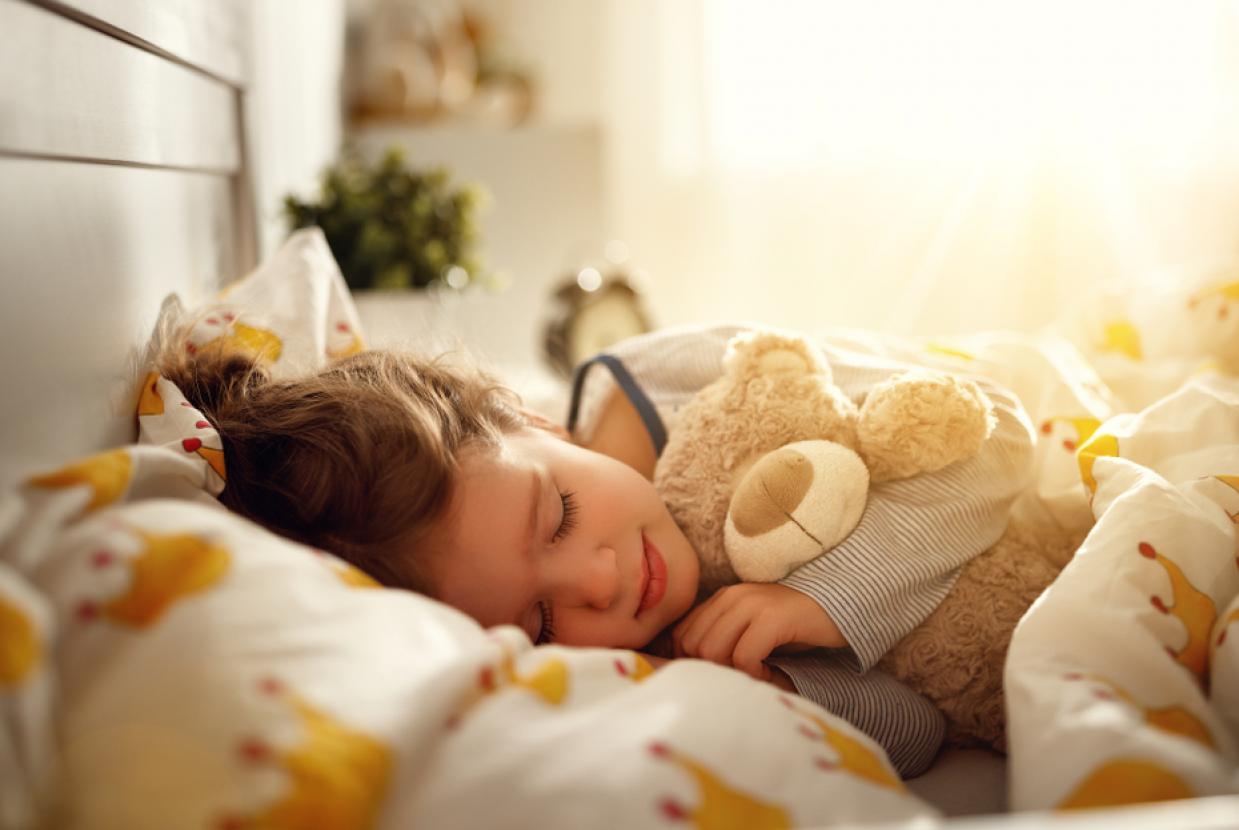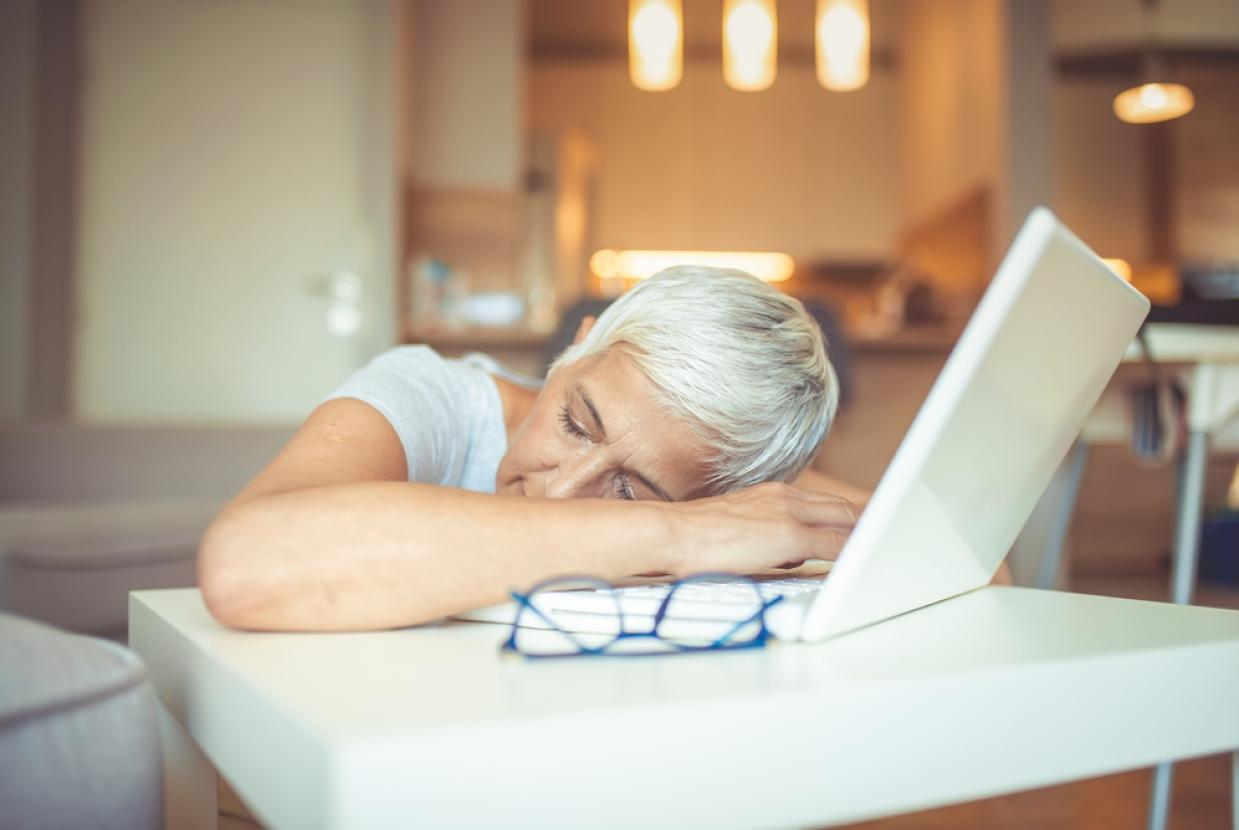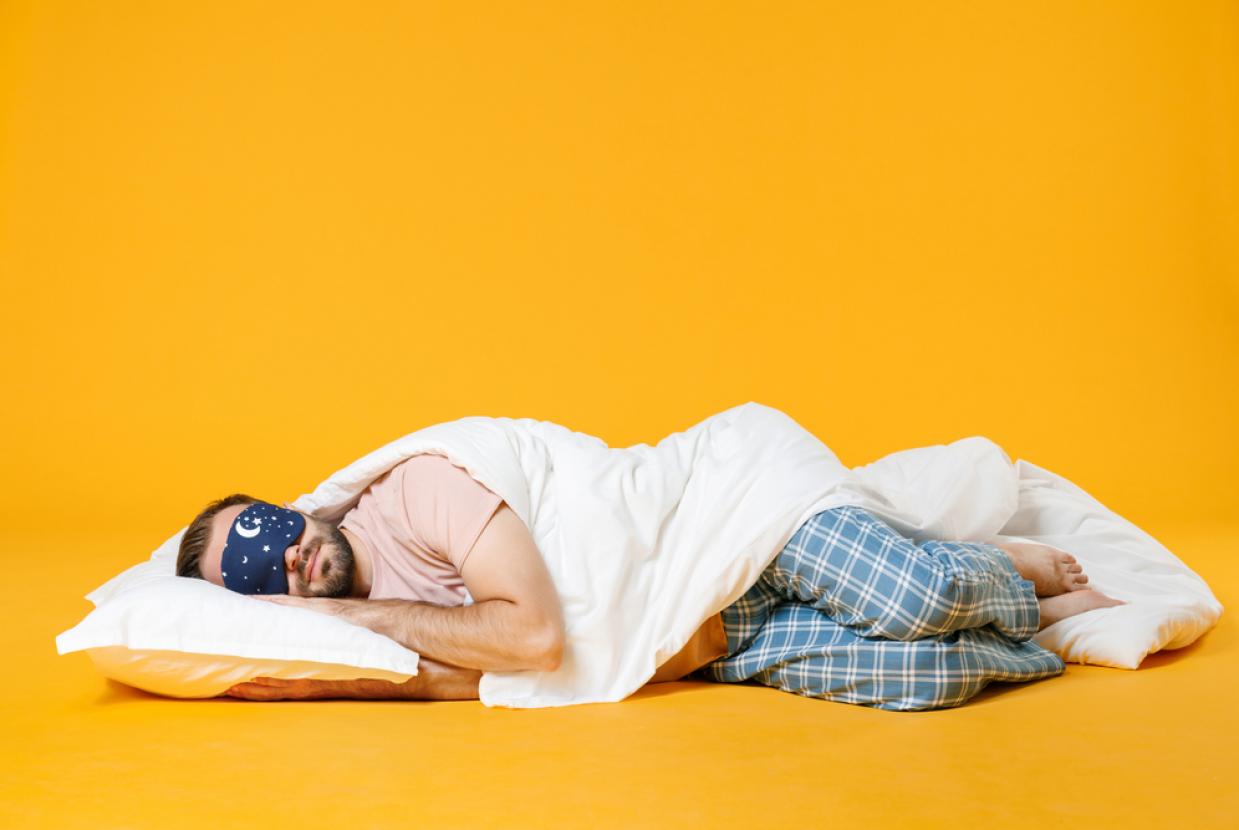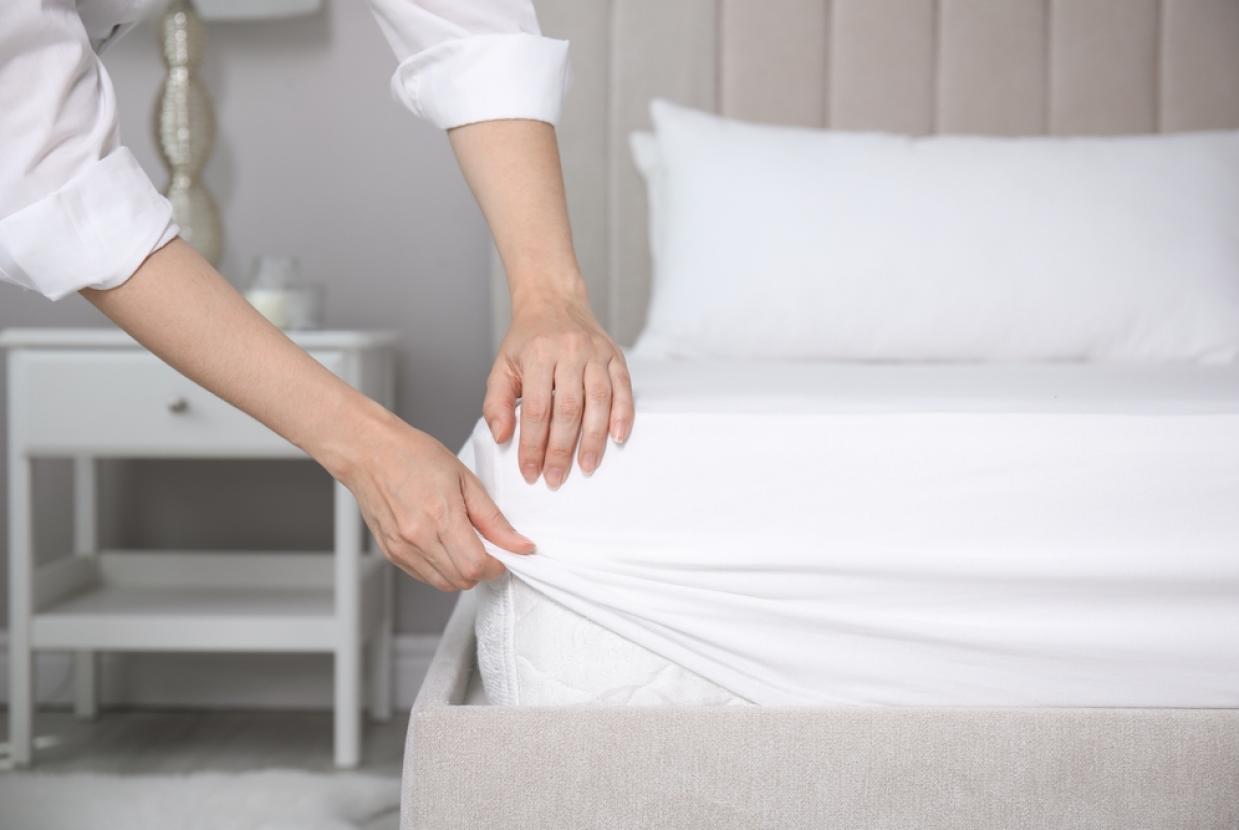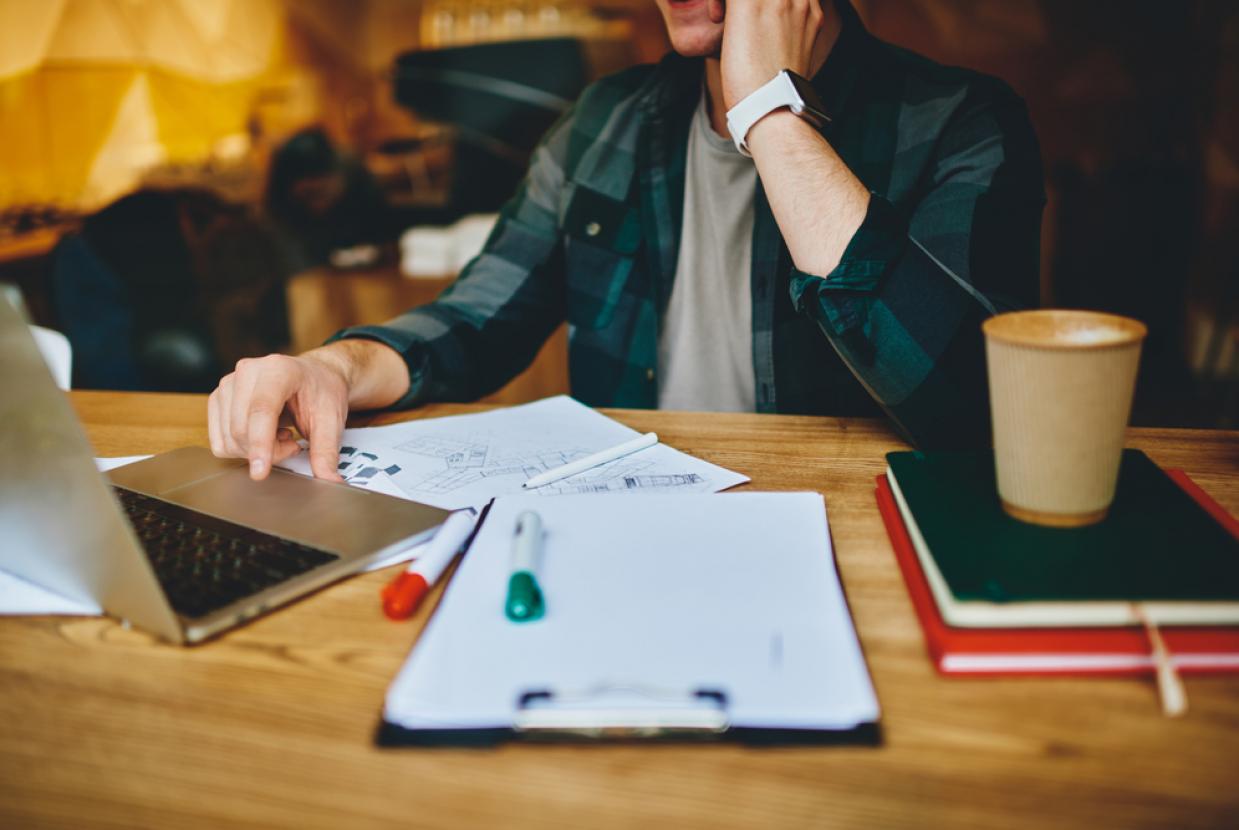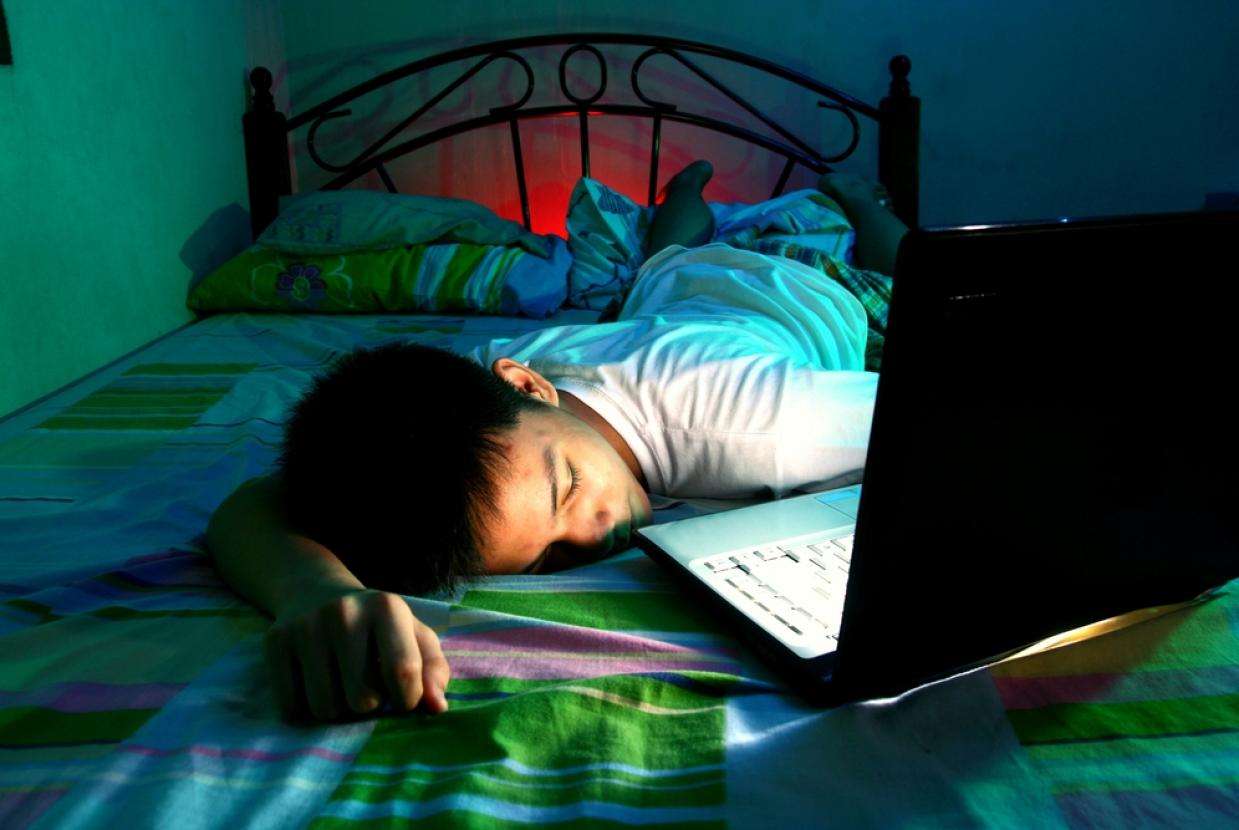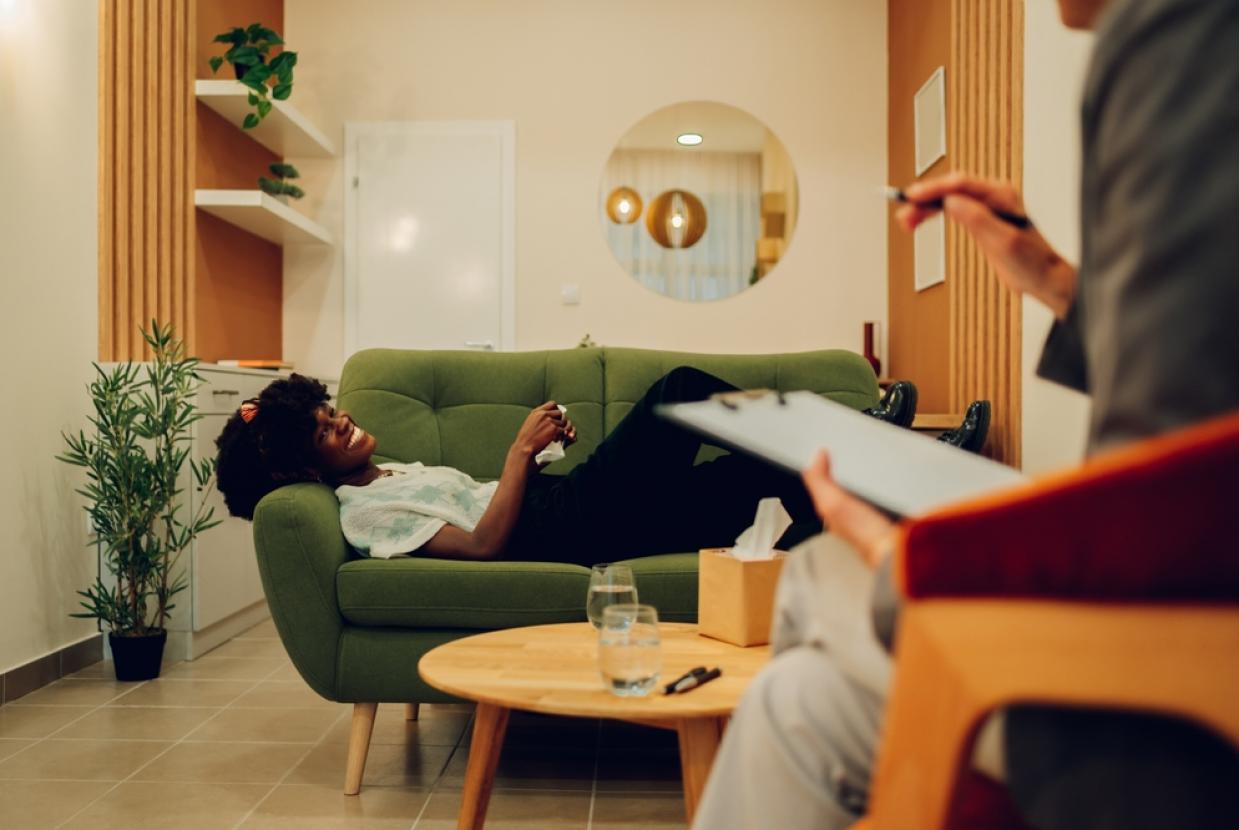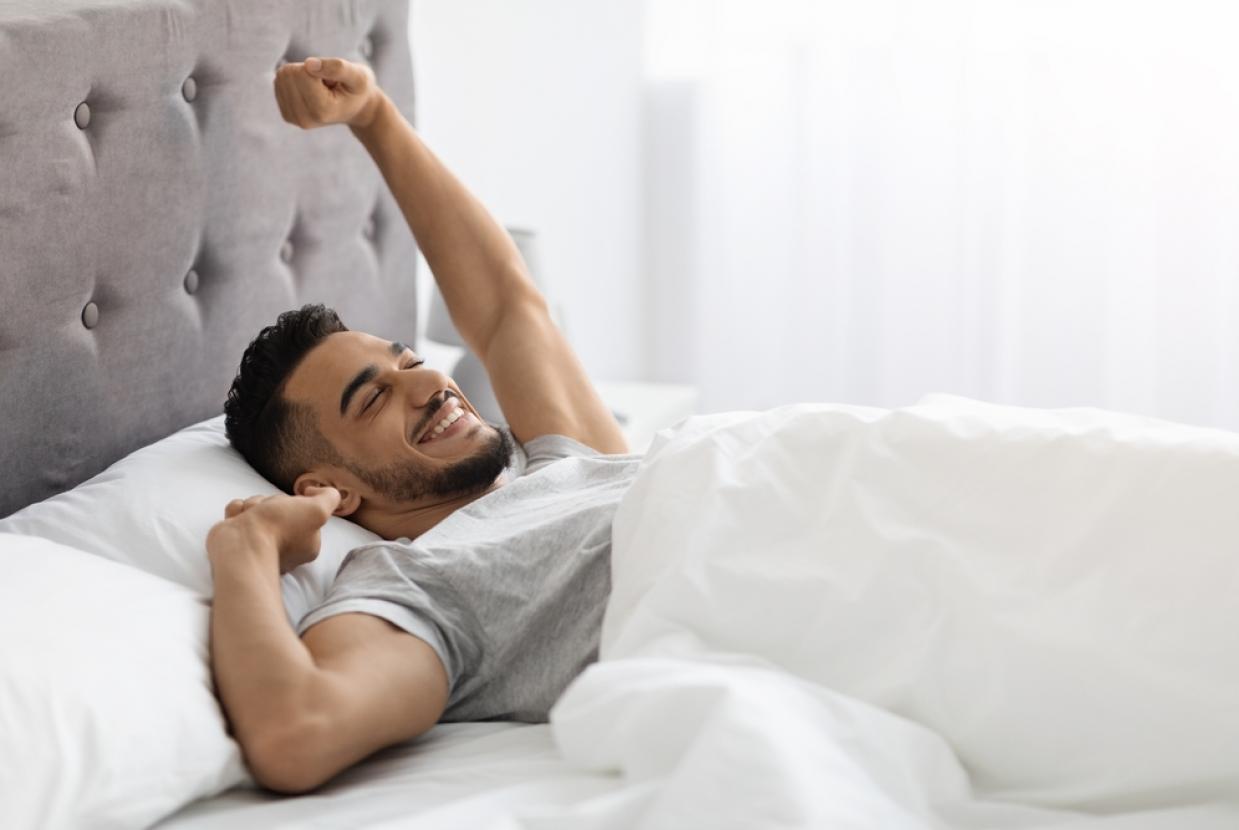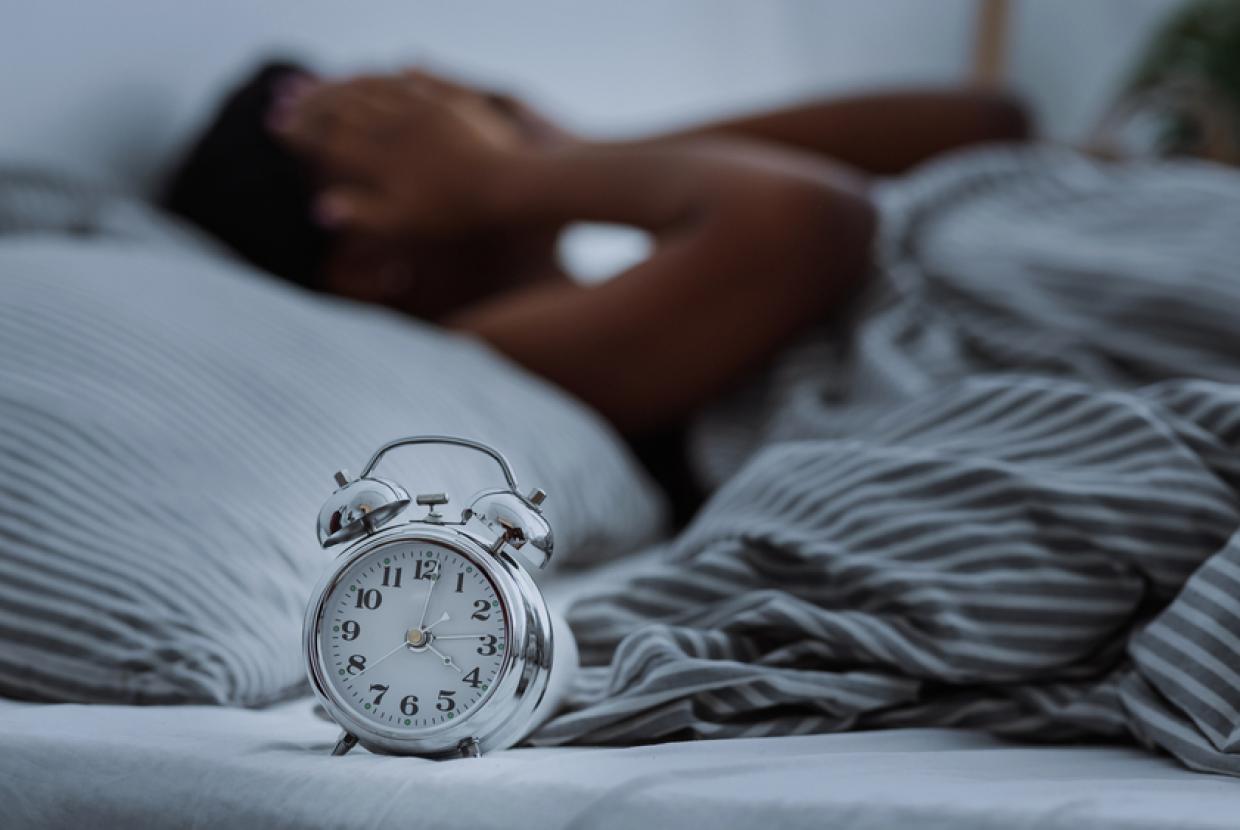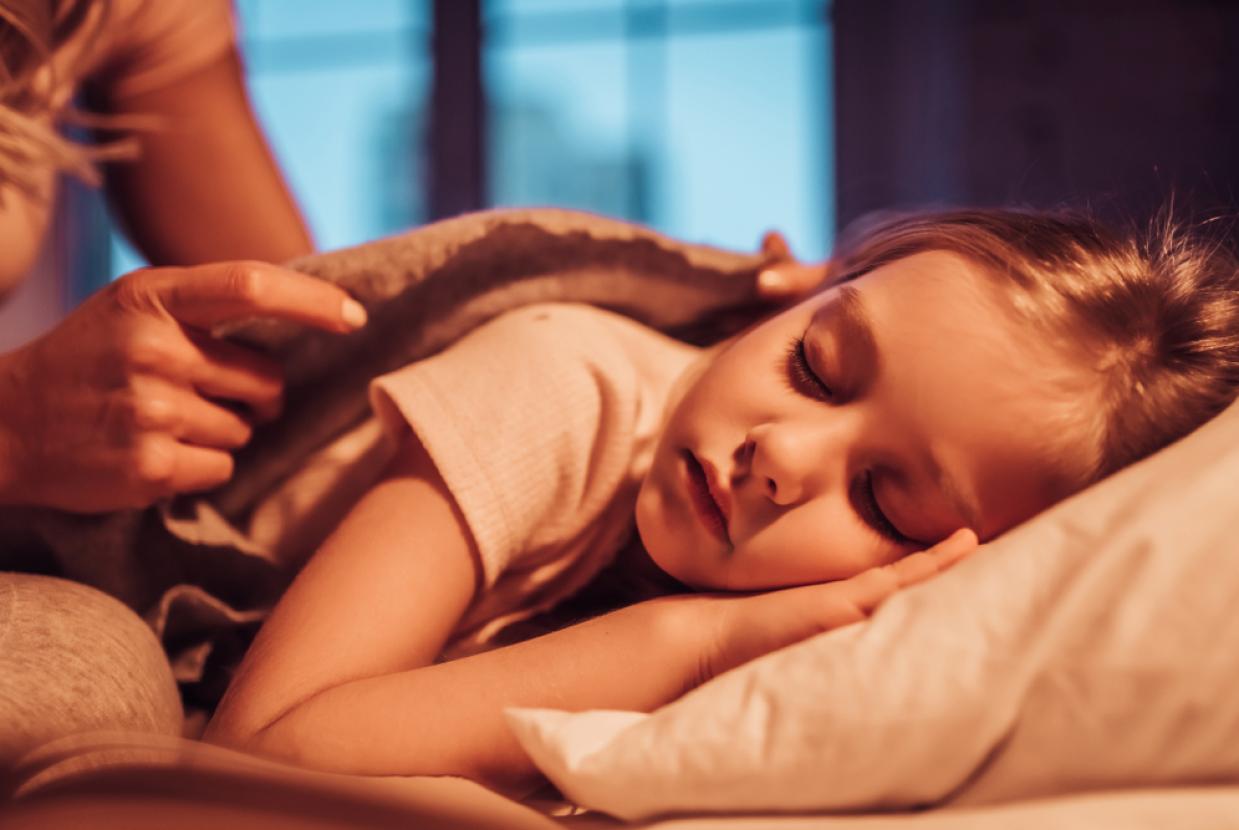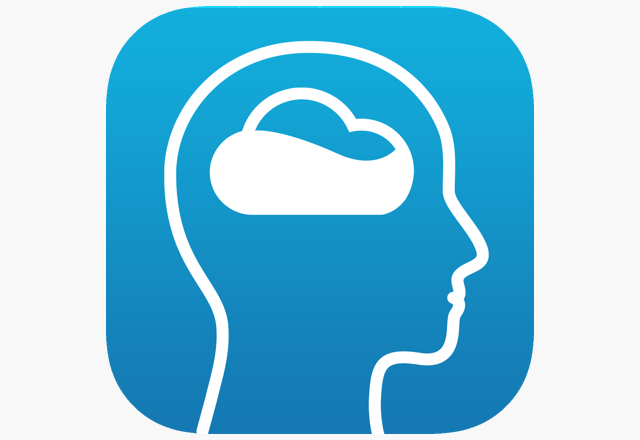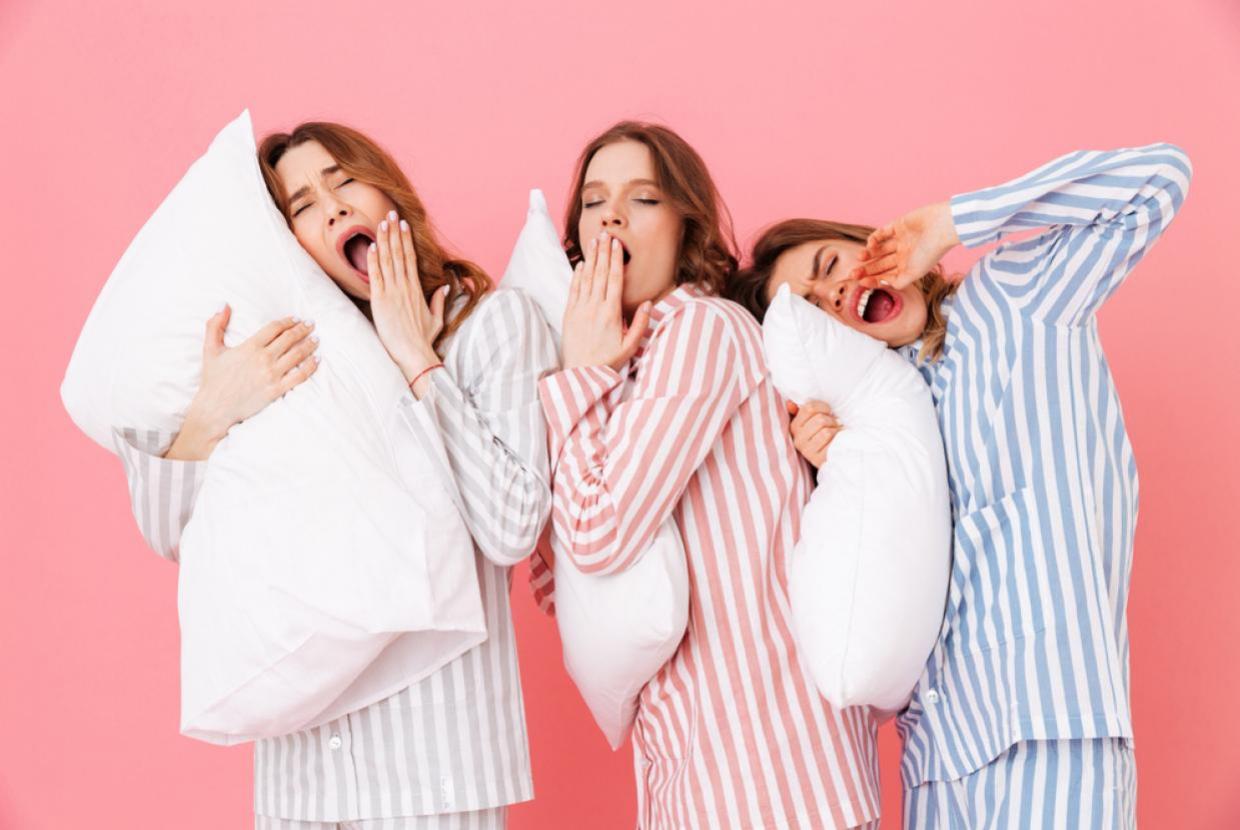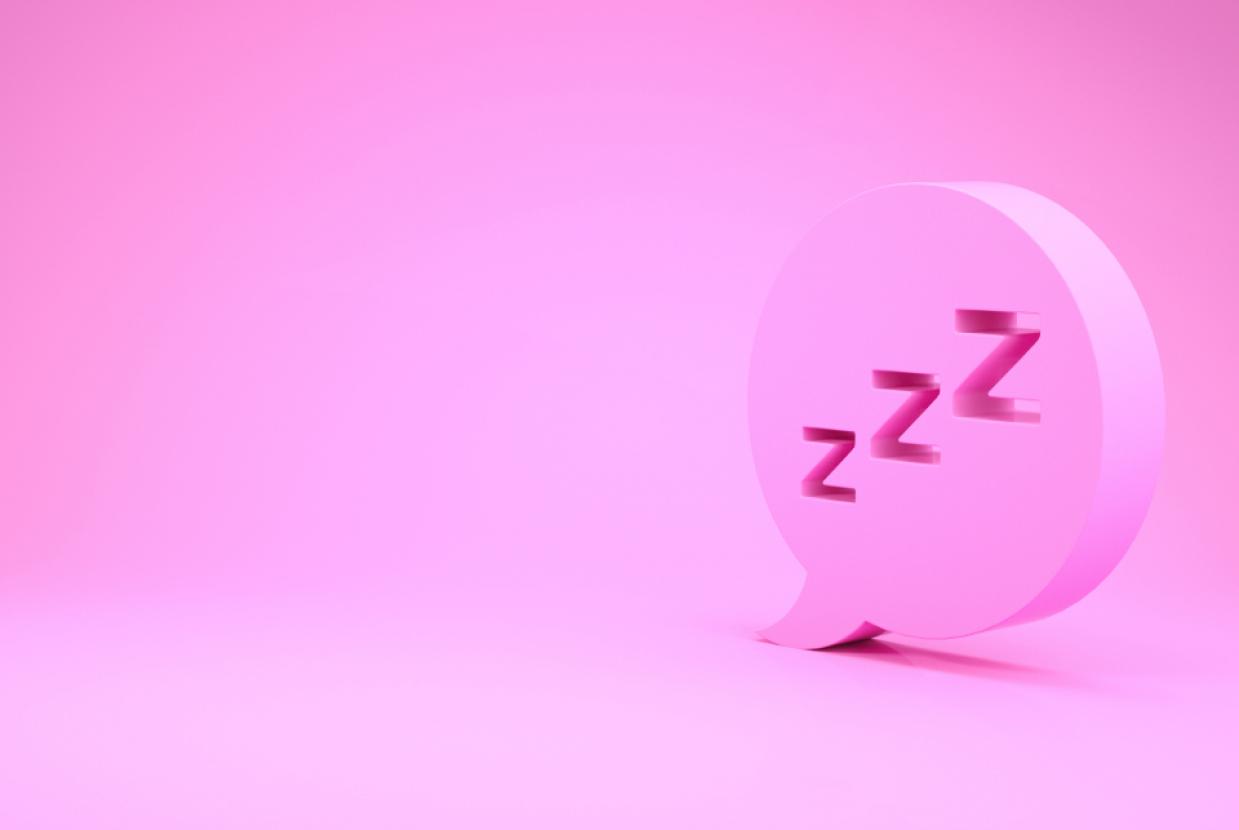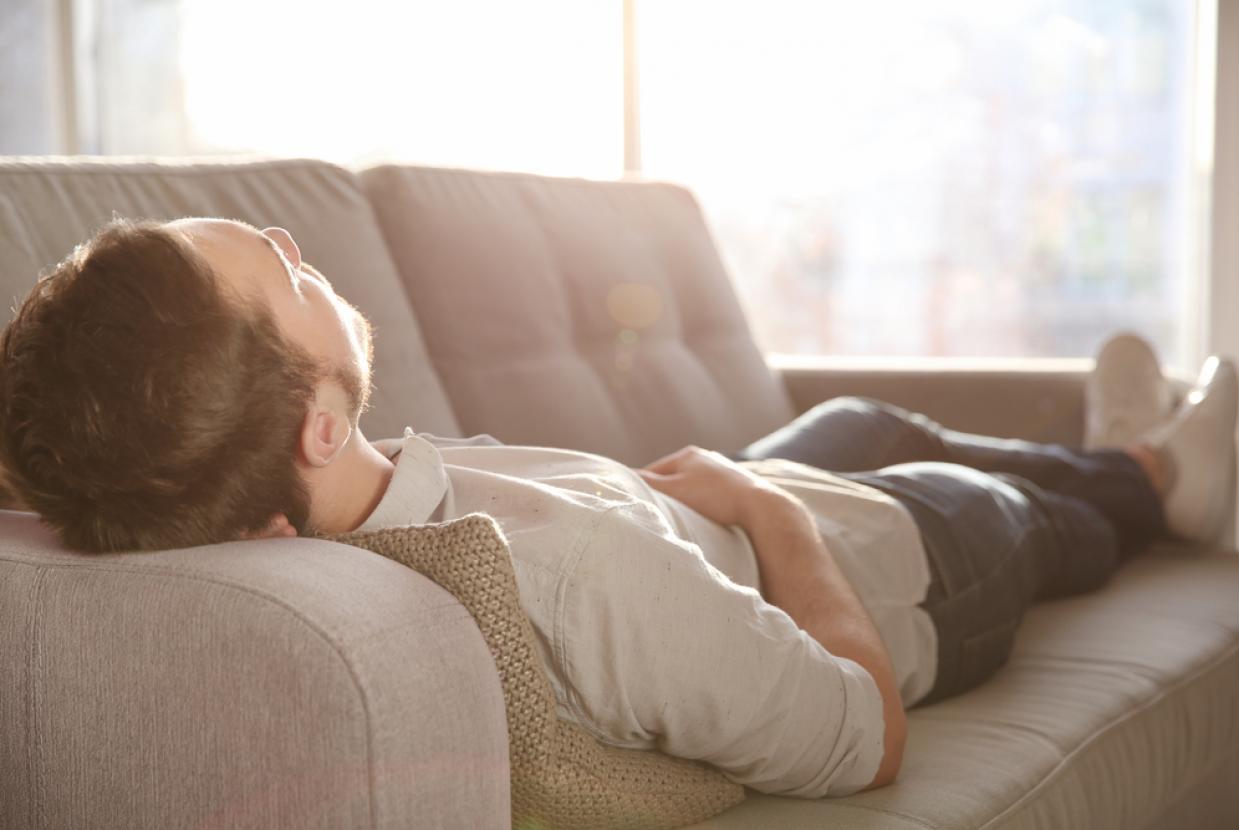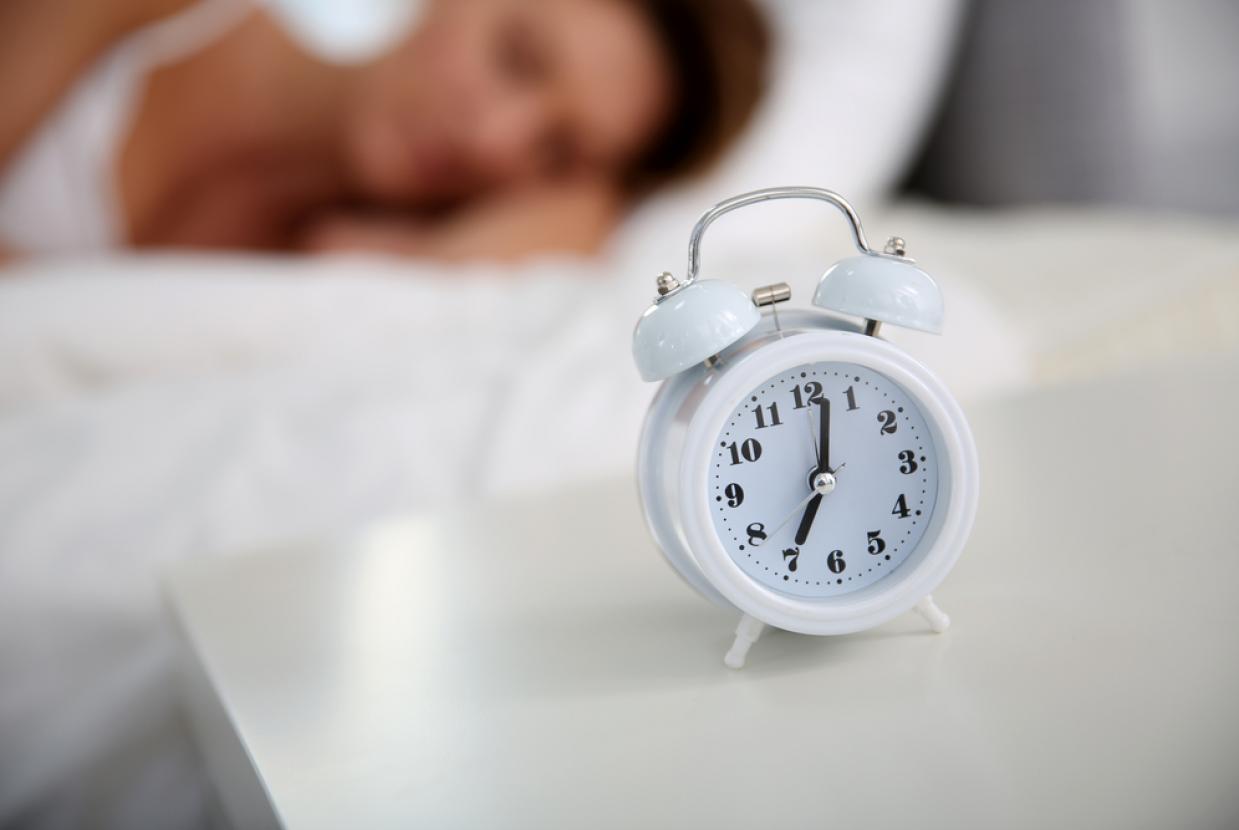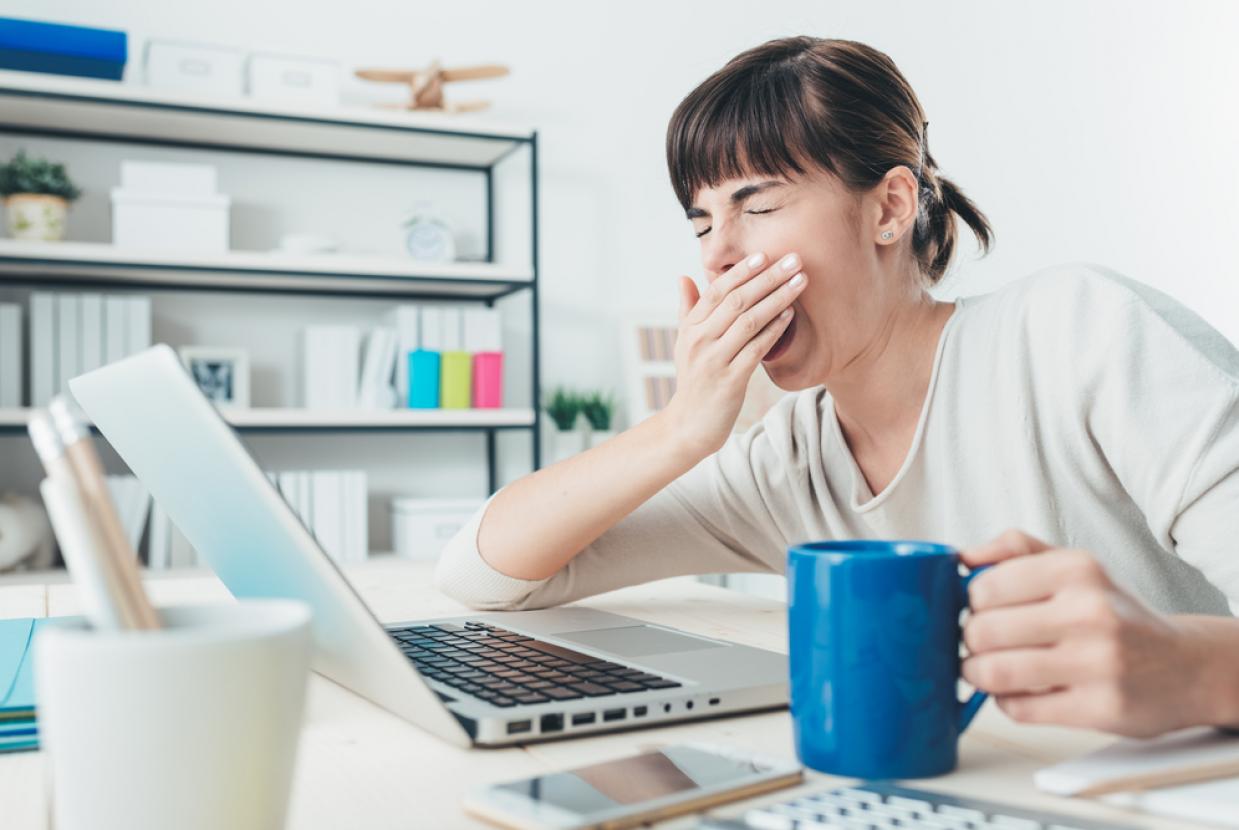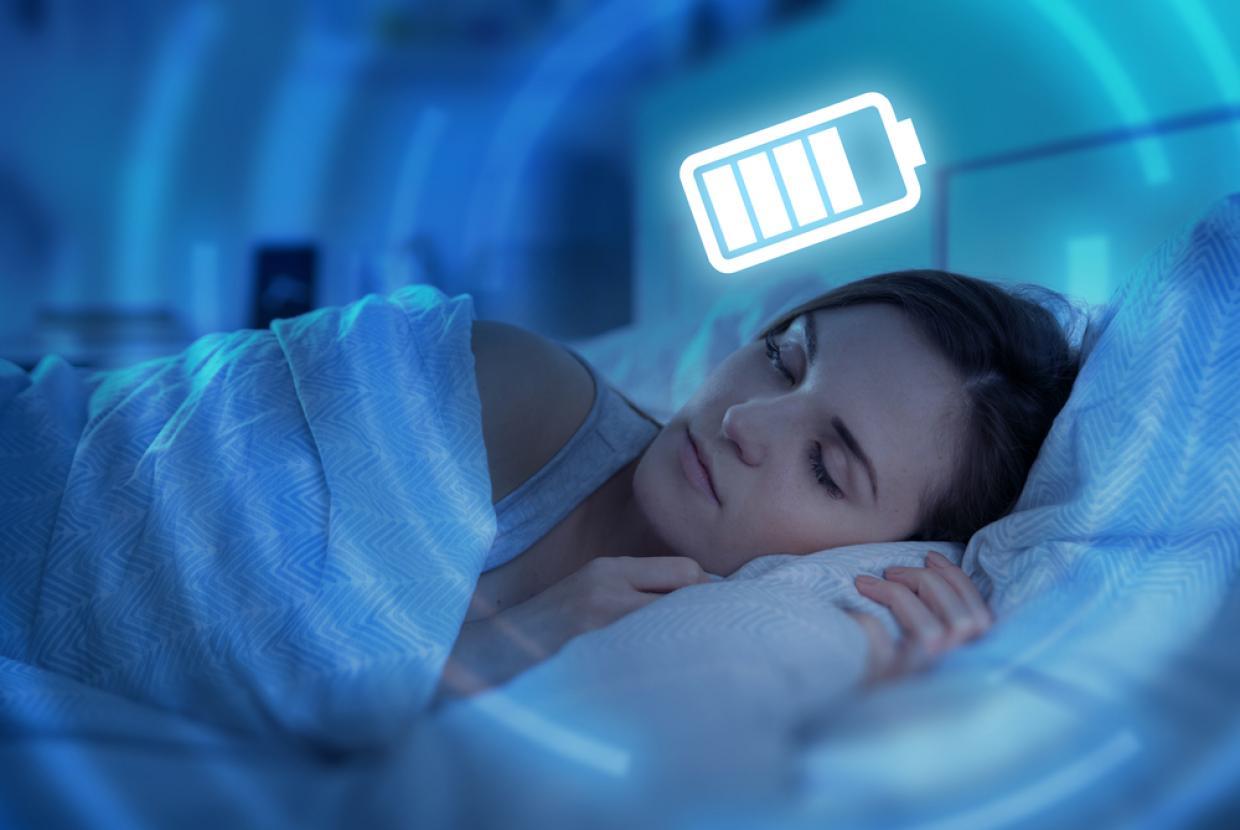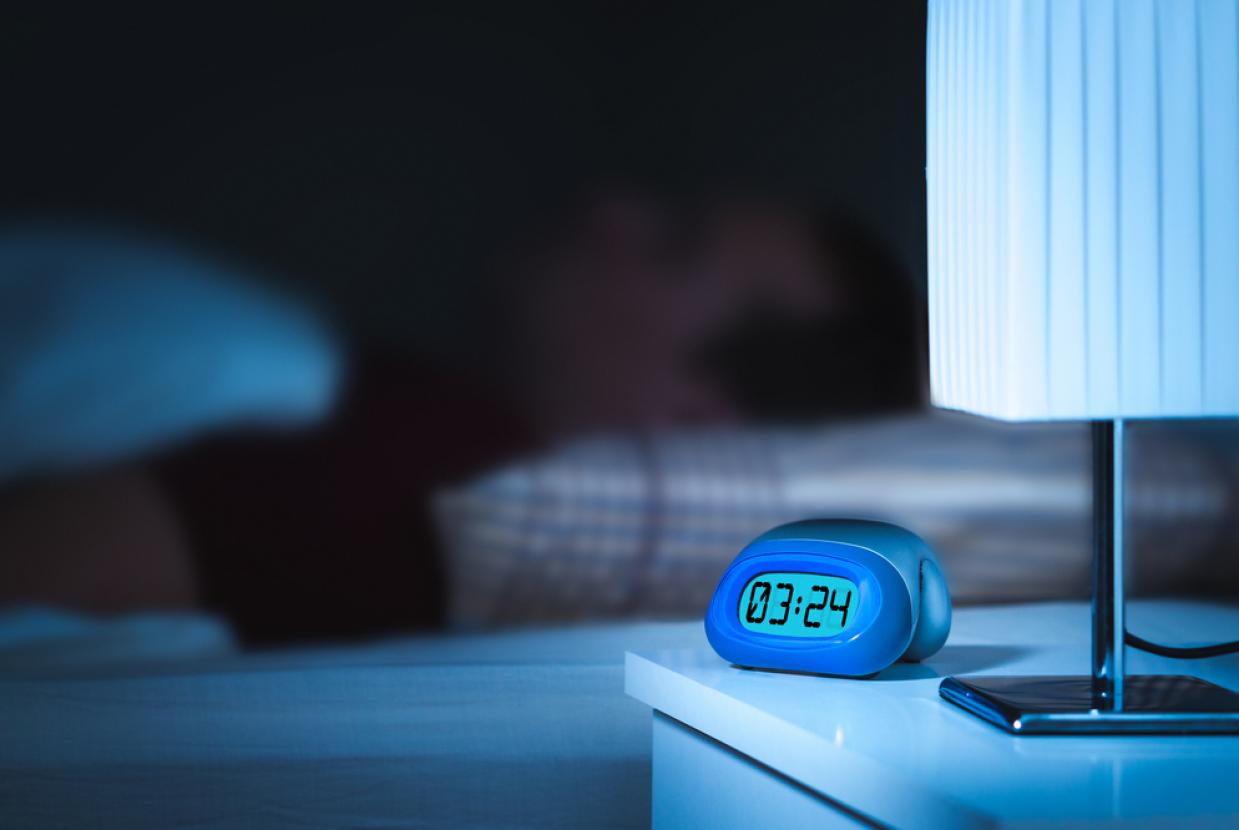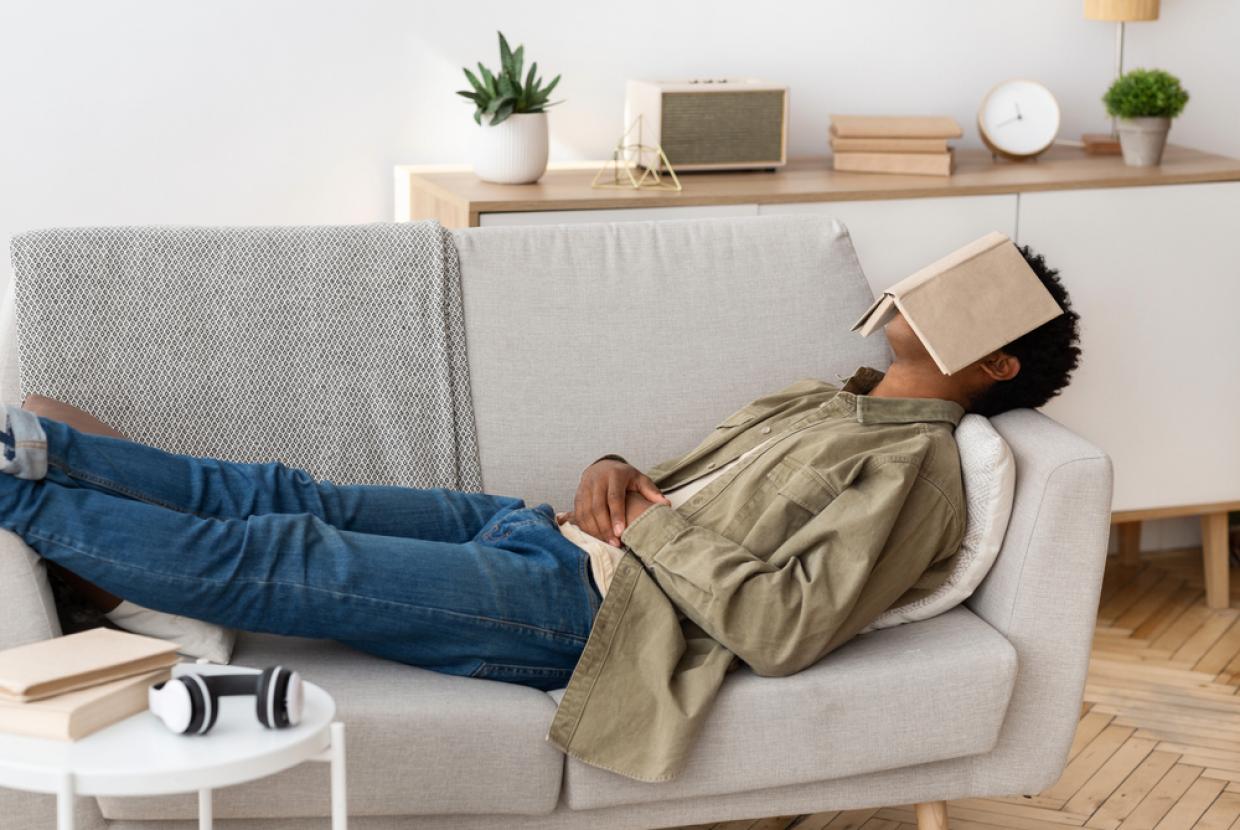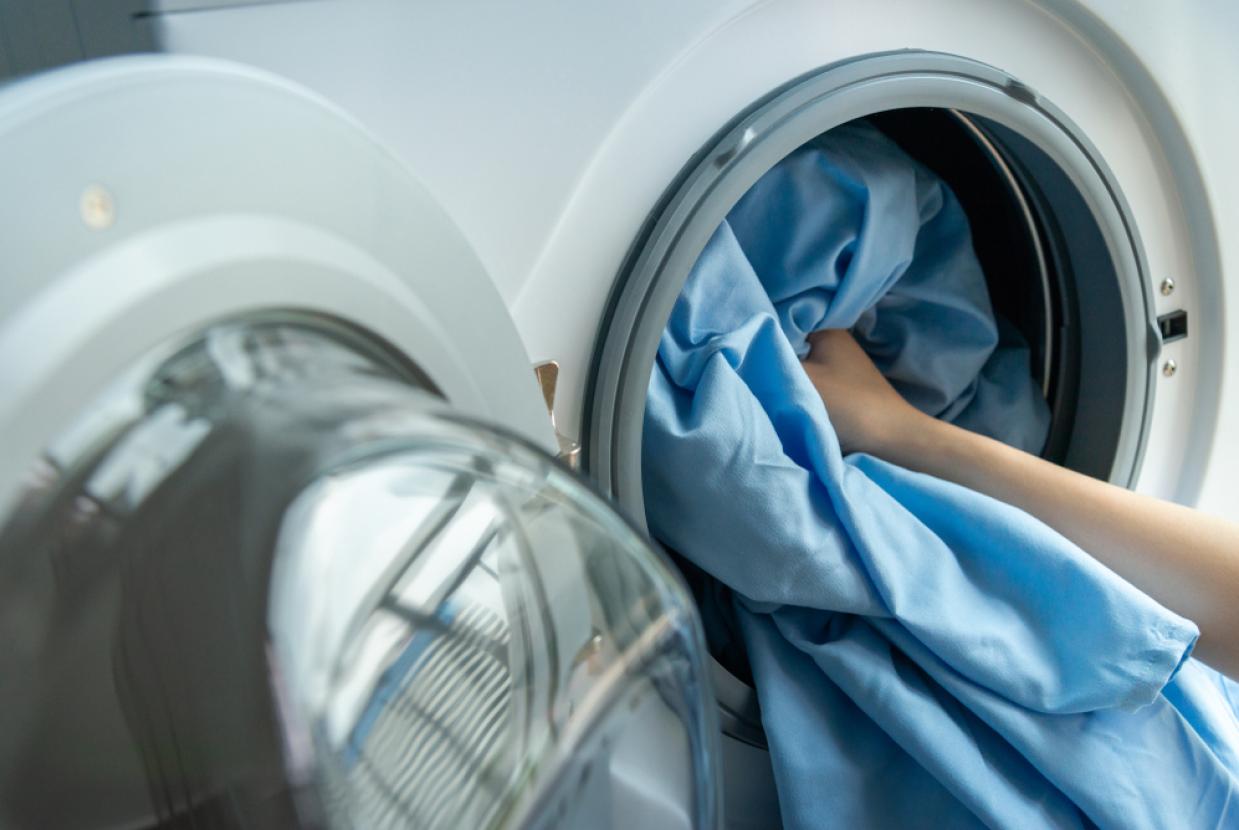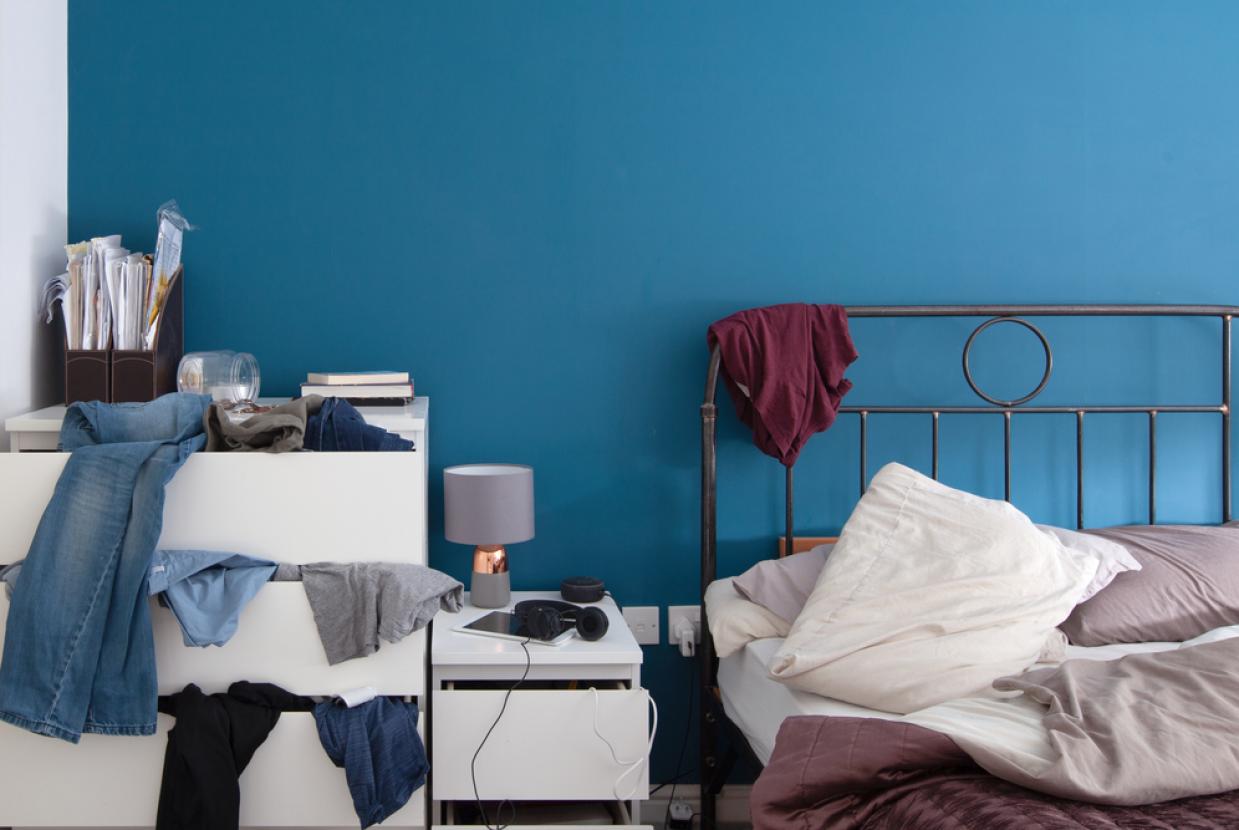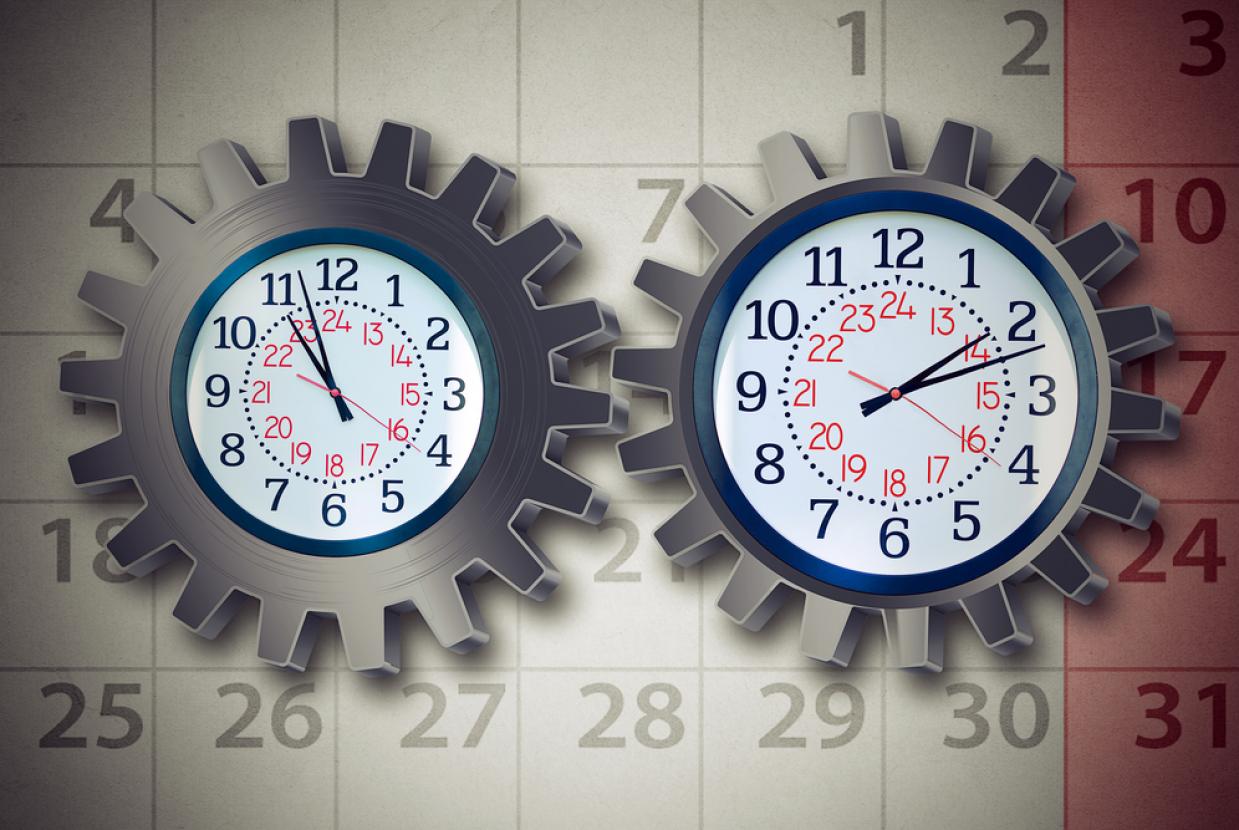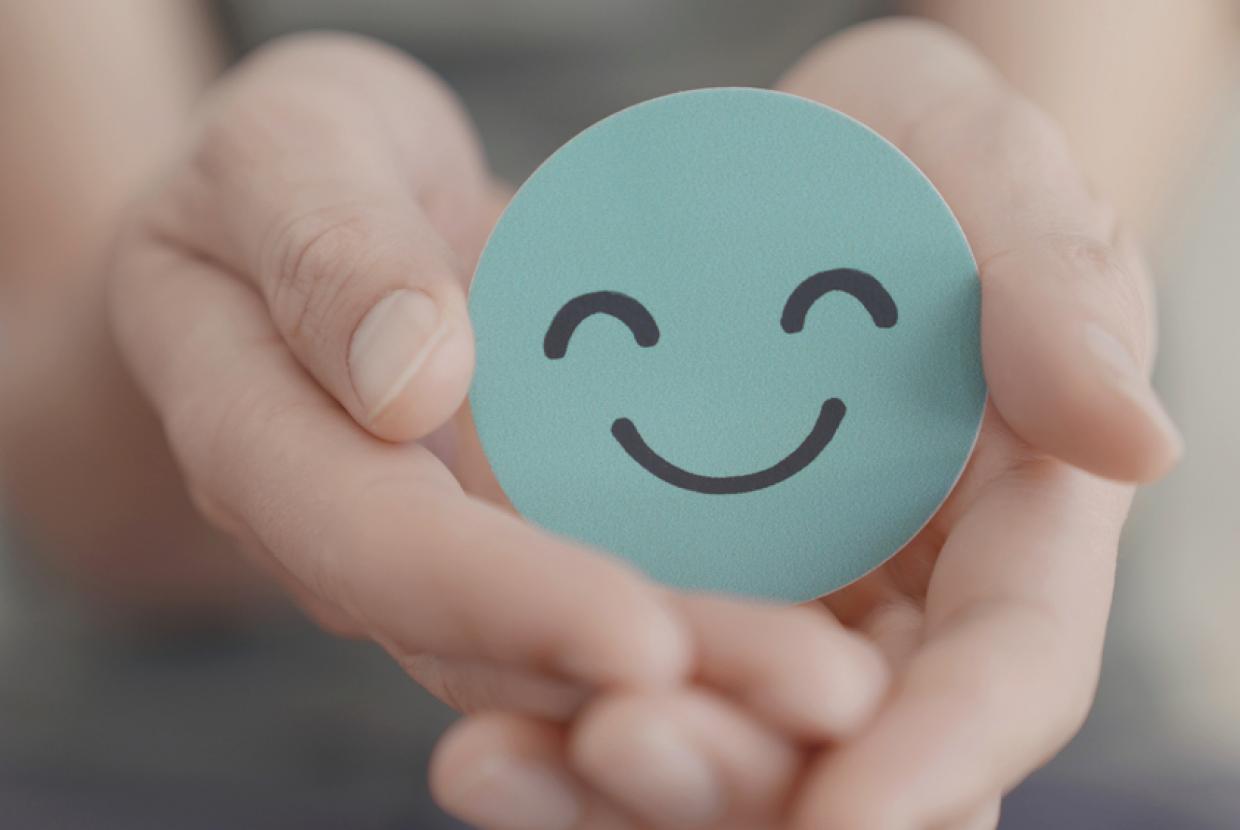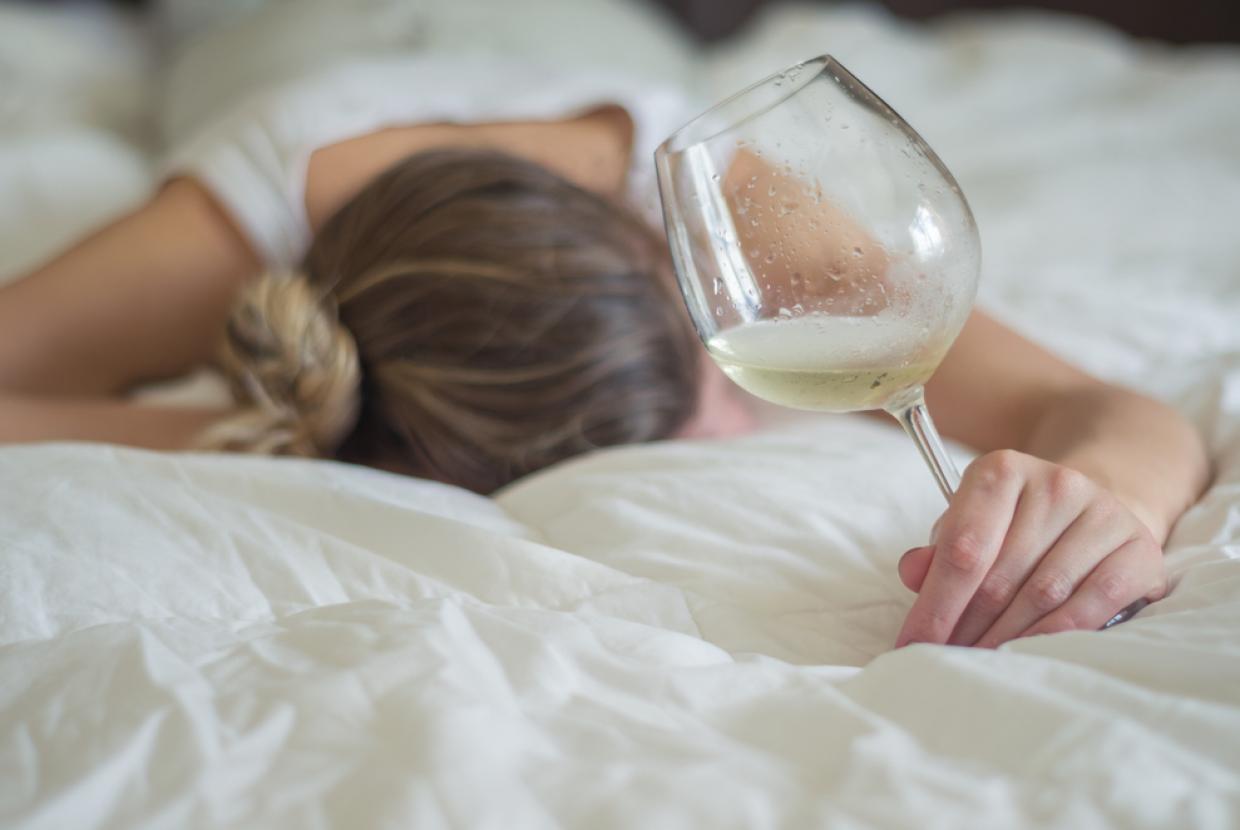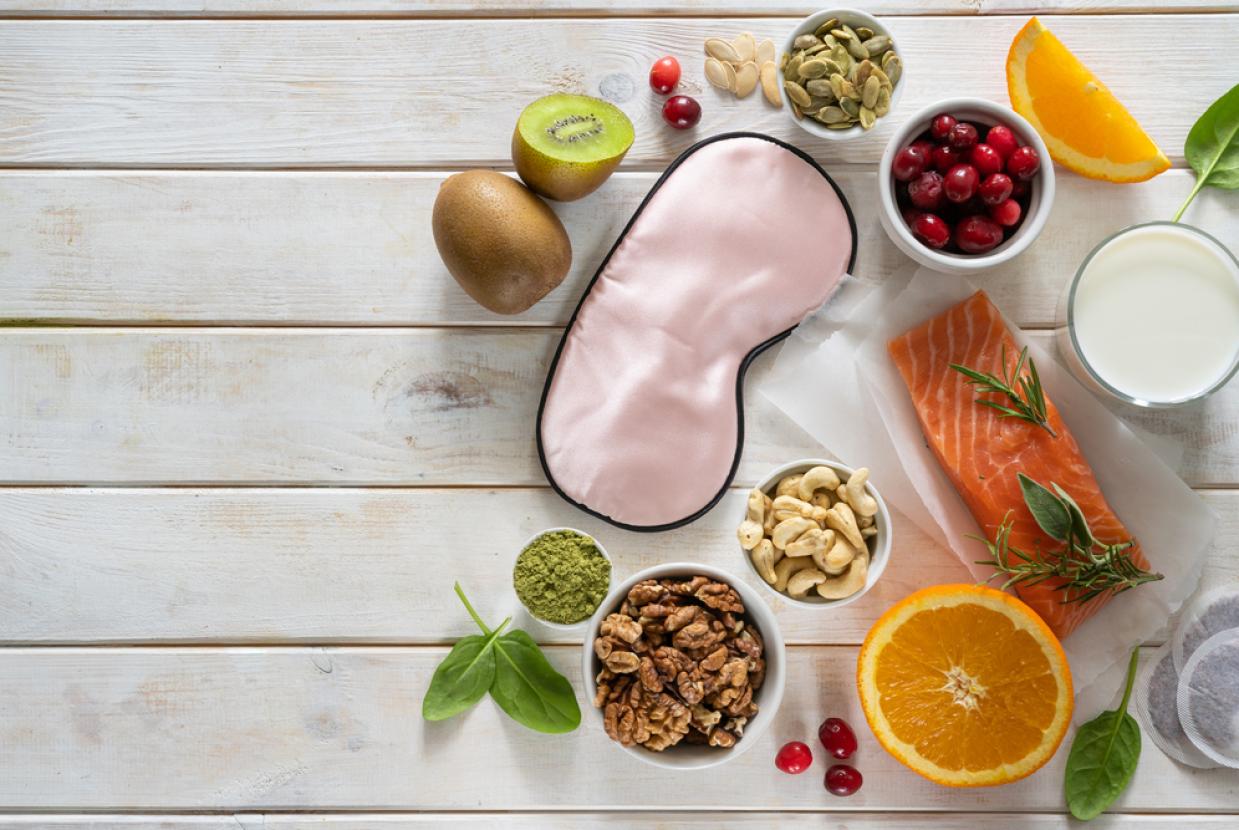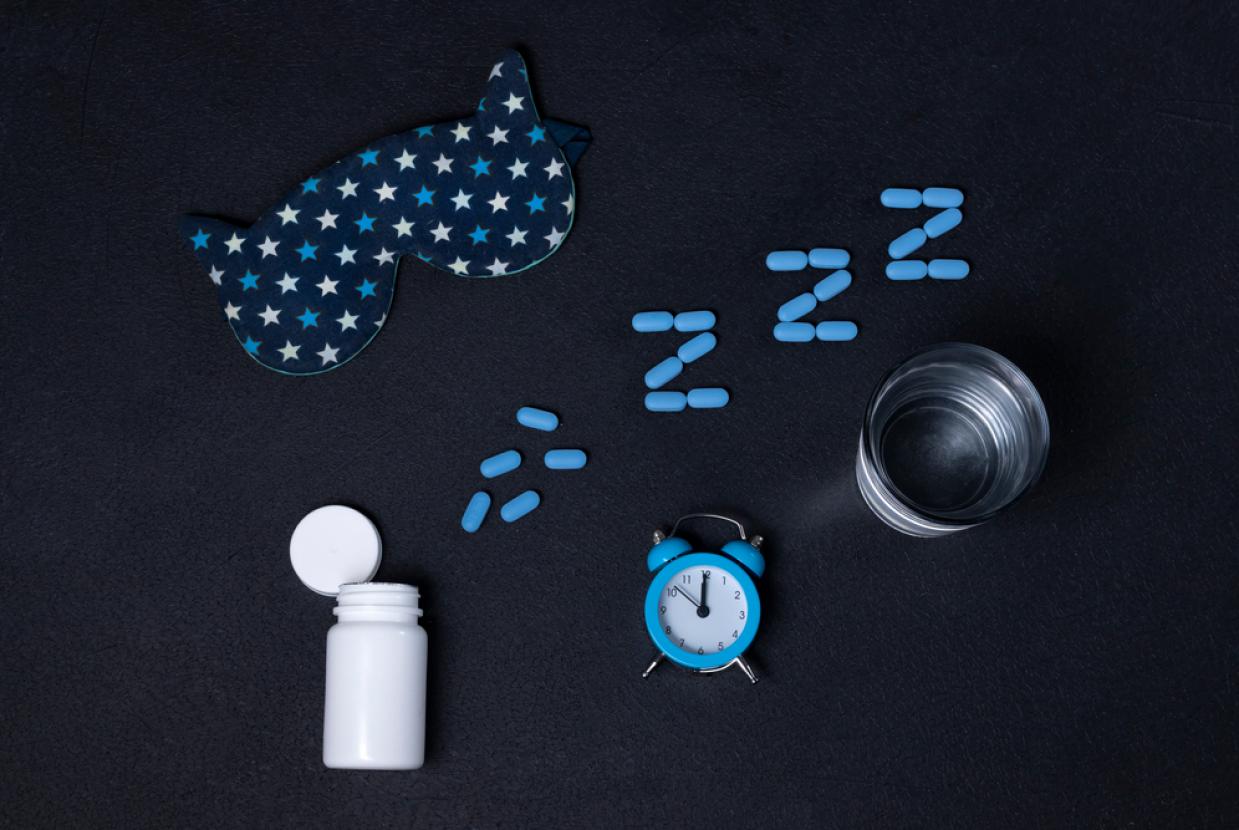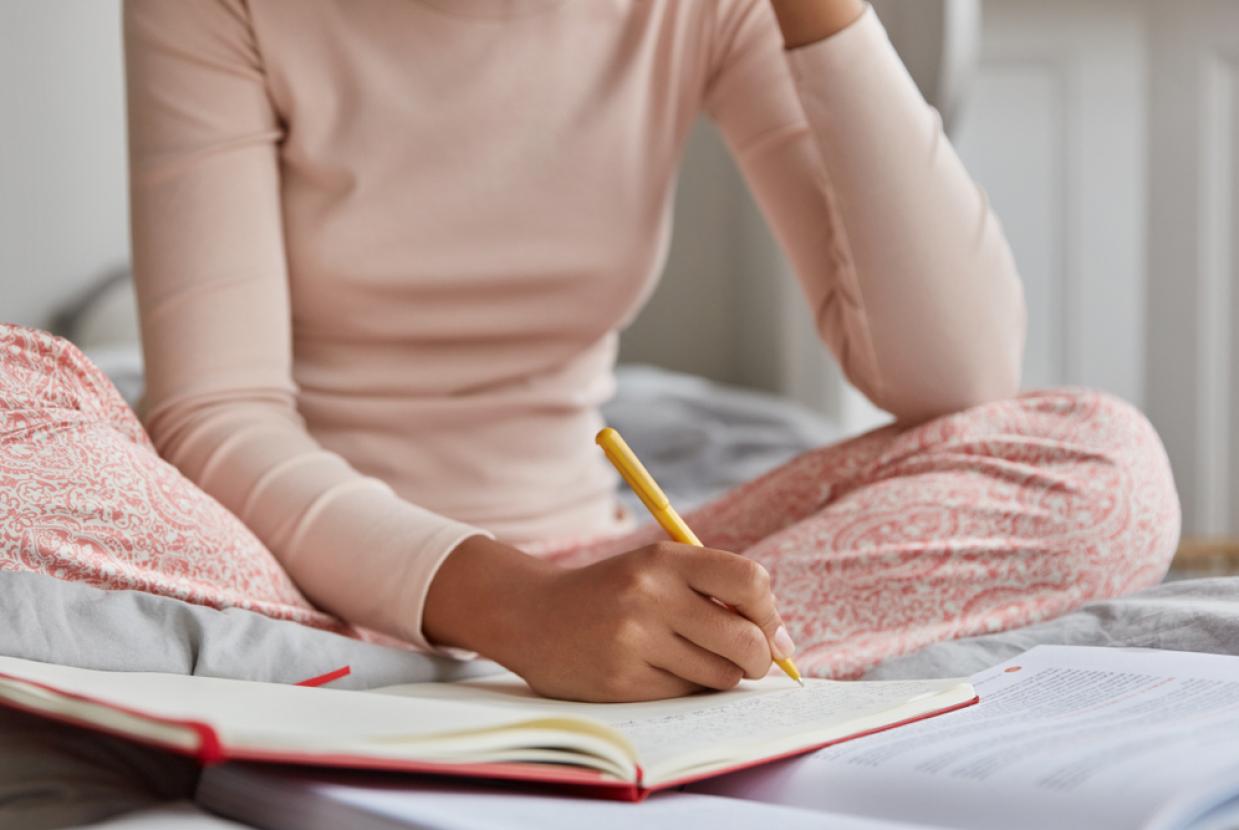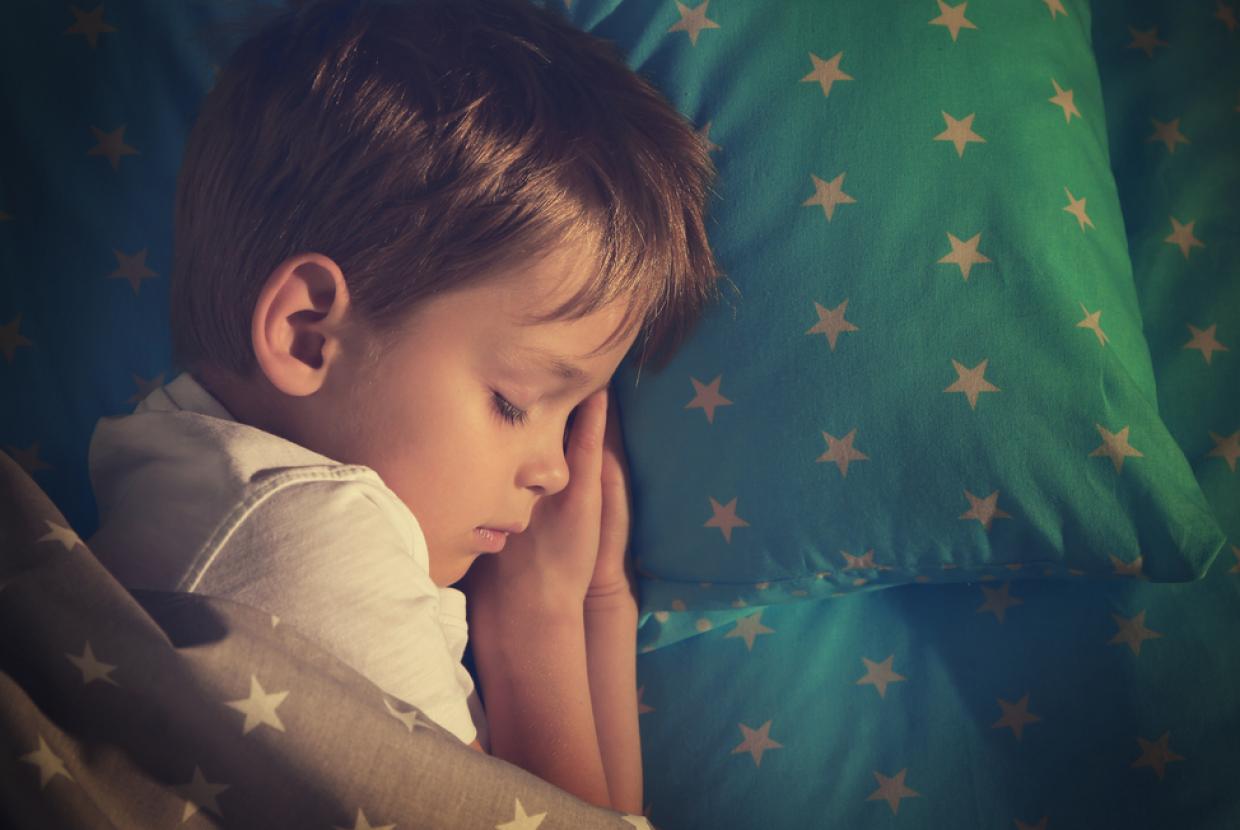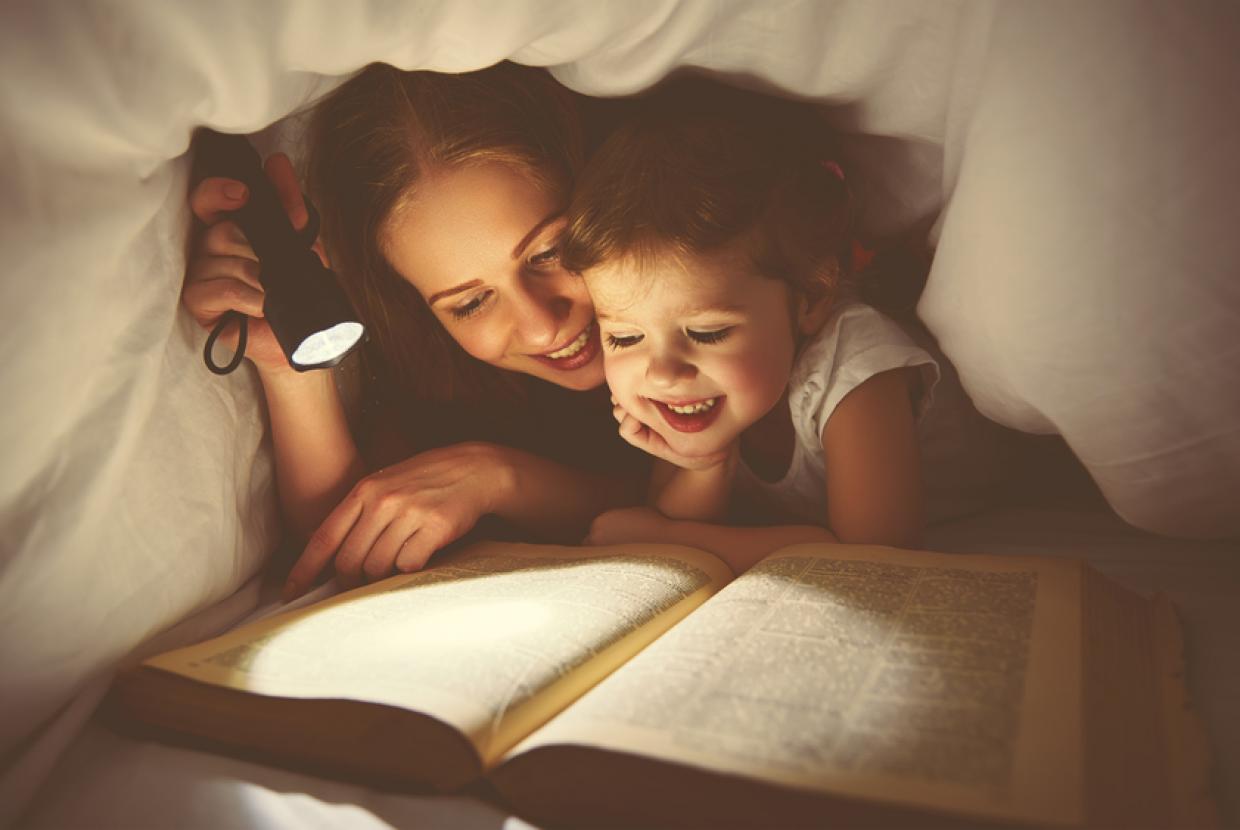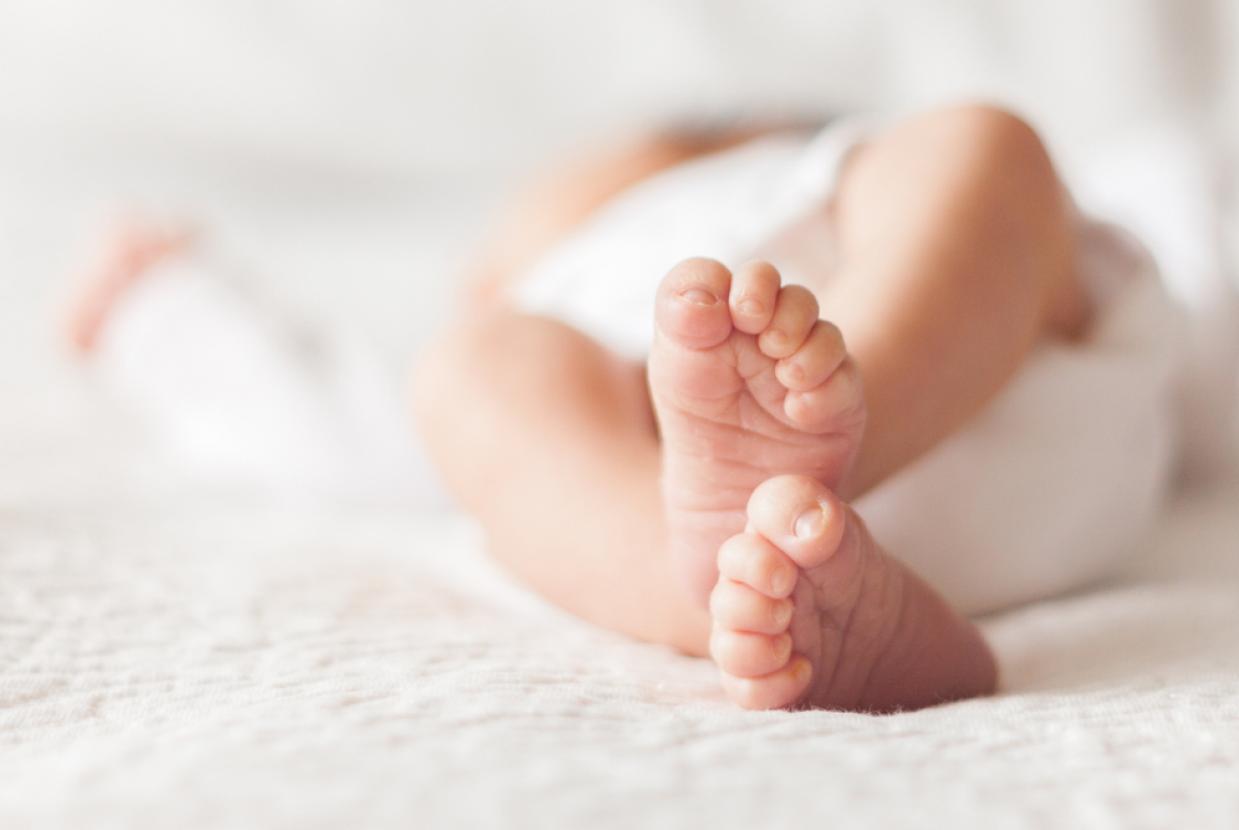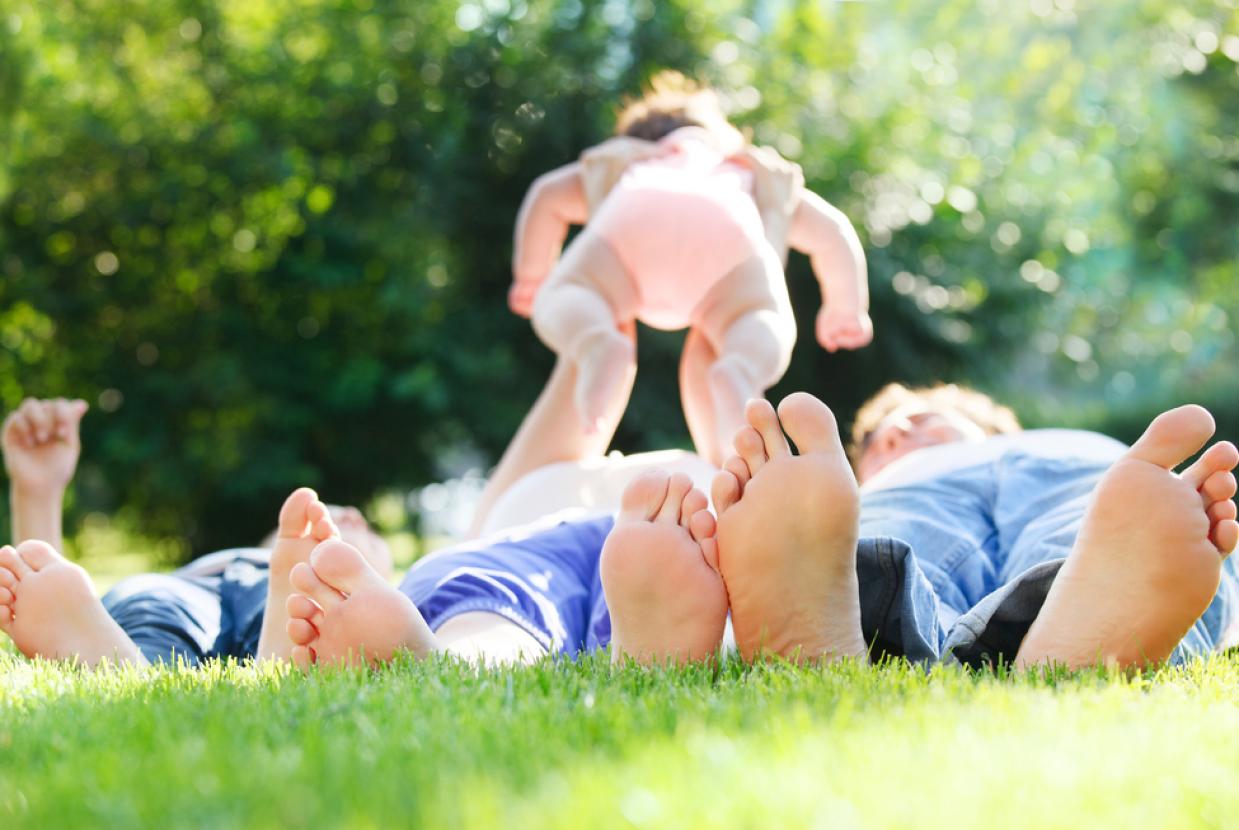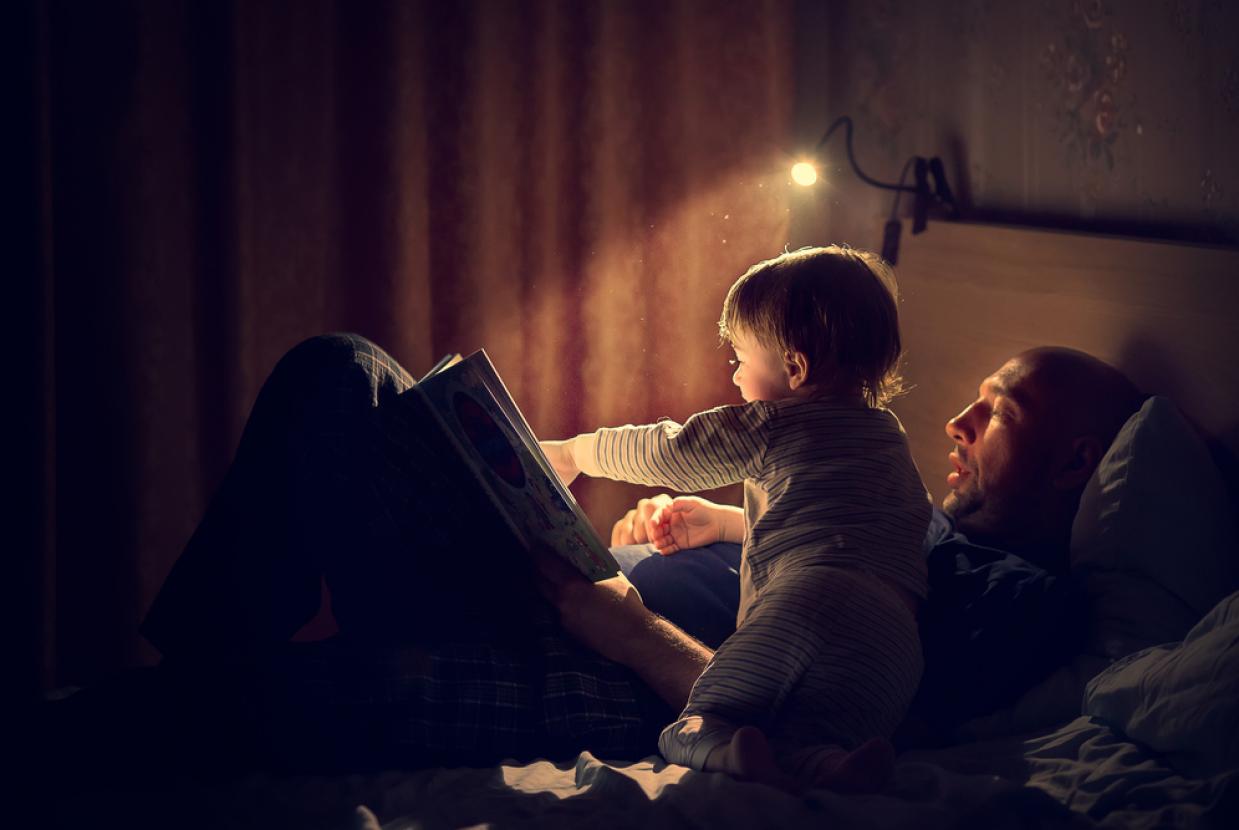Self-help tips to fight tiredness
Sleeping BetterMany cases of tiredness are due to stress, not enough sleep, poor diet and other lifestyle factors. Try these self-help tips to restore your energy levels.
If you feel you're suffering from fatigue, which is an overwhelming tiredness that isn't relieved by rest and sleep, you may have an underlying medical condition. Consult a GP for advice.
Eat often to beat tiredness
A good way to keep up your energy through the day is to eat regular meals and healthy snacks every 3 to 4 hours, rather than a large meal less often.
Get moving
You might feel that exercise is the last thing on your mind. But, in fact, regular exercise will make you feel less tired in the long run, so you'll have more energy. Even a single 15-minute walk can give you an energy boost, and the benefits increase with more frequent physical activity.
Start with a small amount of exercise. Build it up gradually over weeks and months until you reach the recommended goal of 2.5 hours of moderate-intensity aerobic exercise, such as cycling or fast walking, every week.
Lose weight to gain energy
If your body is carrying excess weight, it can be exhausting. It also puts extra strain on your heart, which can make you tired. Lose weight and you'll feel much more energetic.
Apart from eating healthily, the best way to lose weight and keep it off is to be more active and do more exercise.
Sleep well
Many people don't get the sleep they need to stay alert through the day.
The Royal College of Psychiatrists advises:
- going to bed and getting up in the morning at the same time every day
- avoiding naps in the day
- taking time to relax before you go to bed
Reduce stress to boost energy
Stress uses up a lot of energy. Try to introduce relaxing activities into your day. This could be:
- working out at the gym
- yoga or tai chi
- listening to music or reading
- spending time with friends
Whatever relaxes you will improve your energy.
Talking therapy beats fatigue
There's some evidence that talking therapies such as counselling or cognitive behavioural therapy (CBT) might help to fight fatigue, or tiredness caused by stress, anxiety or low mood.
See your GP for a referral for talking treatment on the NHS or for advice on seeing a private therapist.
Cut out caffeine
The Royal College of Psychiatrists recommends that anyone feeling tired should cut out caffeine. It says the best way to do this is to gradually stop having all caffeine drinks over a 3-week period.
Caffeine is found in:
- coffee
- tea
- cola
- energy drinks
- some painkillers and herbal remedies
Try to stay off caffeine completely for a month to see if you feel less tired without it. You may find that not consuming caffeine gives you headaches. If this happens, cut down more slowly on the amount of caffeine that you drink.
Drink less alcohol
Although a couple of glasses of wine in the evening can help you fall asleep, you sleep less deeply after drinking alcohol. The next day you'll be tired, even if you sleep a full 8 hours.
Cut down on alcohol before bedtime. You'll get a better night's rest and have more energy. The NHS recommends that men and women should not regularly drink more than 14 units a week, which is equivalent to 6 pints of average strength beer or 10 small glasses of low strength wine. Try to have several alcohol-free days each week.
Drink more water for better energy
Sometimes you feel tired simply because you're mildly dehydrated. A glass of water will do the trick, especially after exercise.



